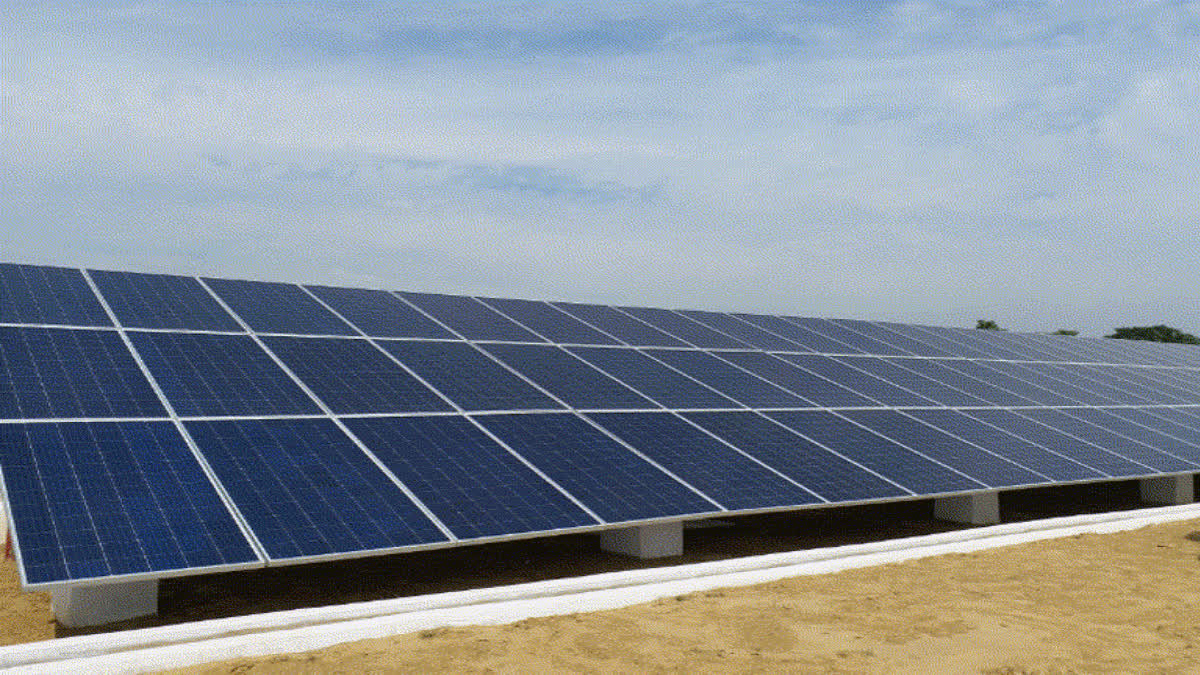New Delhi: The Regional Rapid Transit System (RRTS) depot in Duhai, Ghaziabad will be powered by solar energy with the inauguration of a solar power plant, officials of the National Capital Region Transport Corporation (NCRTC) said on Saturday. The plant has an installed capacity of 585 kilowatt-peak (kWp), where solar panels have been installed at several depot buildings including on the workshop, they said.
As per the NCRTC, the solar plant, during its estimated lifespan of 25 years, is projected to generate approximately 6,66,000 units of solar energy per year. The plant is expected to reduce carbon dioxide emissions by 615 tonnes annually, contributing to a reduction of 15,375 tonnes of emissions over its lifetime.
"The solar energy produced through the solar plant will be monitored and optimised by a cutting-edge cloud-based application which will track the output on a regular basis. This advanced technology ensures transparency, efficiency, and seamless management of the solar energy infrastructure," NCRTC said.
Solar power generated by this plant will not only meet the energy requirements of the depot in its entirety but will also have surplus to use in other RRTS operations, the officials said. The solar plant positions the Duhai depot as a 'green depot'. NCRTC had adopted a solar policy in March 2021 and as per the policy, it will increase the share of renewable energy by generating about 11 MW peak in-house solar power on the rooftop of stations, depots and other buildings for non-traction purposes, in the next five years.
"We will also optimise the energy mix to increase the share of renewable energy for traction purposes as well. It will also strive to put in place an appropriate investment climate, that would leverage the Clean Development Mechanism (CDM) and Renewable Energy Certificate (REC)," NCRTC said.
The RRTS is a project by the central government and four state governments -- Delhi, Haryana, Uttar Pradesh and Rajasthan -- aimed to decongest the national capital, reduce vehicular congestion and air pollution, and ensure a balanced and sustainable development of the region. As per the NCRTC, the first RRTS corridor alone is expected to reduce vehicular congestion with more than one lakh vehicles going off the roads and will help reduce air pollution by cutting down the vehicular emission by more than 2.5 lakh tonnes. (PTI)



